What Is Diamond Painting with Square Drills?
Diamond painting is a captivating and creative craft that has gained immense popularity among art enthusiasts and hobbyists alike. Combining the joys of painting by numbers and cross-stitching, diamond painting involves the use of tiny “diamond drills” to create shimmering and vivid artwork on a canvas. These diamond drills, also known as rhinestones or resins, come in two main shapes: round and square.
Understanding Square Drills
Square drills are one of the two primary types of diamond drills used in diamond painting. Unlike their rounded counterparts, square diamond drills have, as the name suggests, a square shape. They are slightly smaller than round drills, measuring 2.5 x 2.5 mm.
The cut and facets of square drills contribute to a mosaic-like appearance, creating sharp and neat lines in the final artwork. The square drills’ smaller size allows for more of them to be placed in a confined area, resulting in enhanced depth and finer detailing in the diamond painting.
Pros and Cons of Square Drills
Advantages of Using Square Drills
Square drills offer several advantages that make them a preferred choice for many diamond painting artists. One notable advantage is the fuller look and complete coverage they provide.
When placed side by side, square drills fit together neatly without leaving gaps, ensuring that the background canvas is not visible through the diamonds. The result is a polished and seamless artwork that captures the viewer’s attention.
Additionally, square drills create sharp and straight lines, enhancing the overall visual appeal of the painting. The mosaic-like appearance of square drill artworks gives them a sophisticated and artistic look, making them a popular choice for home decor and gifting purposes.
Furthermore, square drills allow artists to achieve greater depth and detailing in their creations. The small size and tight fit of square drills enable the depiction of intricate patterns and fine lines, adding a touch of elegance and realism to the artwork.
Challenges of Using Square Drills
While square drills offer numerous benefits, they also present some challenges, particularly for beginners. Achieving precise and accurate placements of square drills requires a steady hand and attention to detail.
Even a slight misplacement can affect the surrounding diamonds, demanding precision and patience during the crafting process.
For those new to diamond painting, square drills may pose a bit of a learning curve. However, with practice and dedication, artists can overcome these challenges and create stunning artworks.
Tips for Working with Square Drills
To make the most of diamond painting with square drills, artists should consider the following tips:
Choosing the Right Diamond Painting Kit
Select a diamond painting kit that specifically features square drills if the desired outcome is a mosaic-like, full-coverage artwork. Many kits offer both round and square drill options, so be sure to pick the one that suits your artistic vision.
Essential Tools for Square Drill Diamond Painting
Gather the necessary tools, such as an applicator pen, pre-printed adhesive canvas, diamond drill wheel pick-up pen, and a multi-placer pen, to facilitate the diamond painting process. These tools ensure that you have everything you need to create your masterpiece.
Techniques for Keeping Square Drills Straight
Use a ruler or straight edge to keep the square drills aligned on the canvas. This helps maintain the straight lines and cohesive look of the artwork. Additionally, the checkerboard method can be employed to ensure precise and uniform placements.
Handling Popping Diamonds in Square Drills
In some instances, square diamonds may pop out of their designated spaces. To address this, use rollers to secure the diamonds in place or reapply adhesive to keep them firmly attached.
Comparing Square and Round Drill Diamond Paintings
While both square and round drill diamond paintings create beautiful and sparkly artworks, there are distinct differences in their final appearance. The choice between the two types of drills largely depends on the artist’s preference and desired outcome.
Square drill diamond paintings offer a fuller and more complete look due to the absence of gaps between the drills. The sharp lines and tight fit create a seamless and sophisticated artwork. In contrast, round drill paintings may show slight gaps between the drills, giving them a more cross-stitch-like appearance. The round drills’ forgiving nature makes them a popular choice for beginners who are still perfecting their craft.
The Artistic Appeal of Square Drill Diamond Paintings
Square drill diamond paintings have a unique artistic appeal, especially for those seeking to create mosaic-like masterpieces. The small size and snug placement of square drills allow artists to experiment with intricate designs and fine details. Moreover, the use of AB diamonds, which feature an iridescent coating resembling the Northern Lights, adds an extra touch of sparkle and enchantment to the artwork.
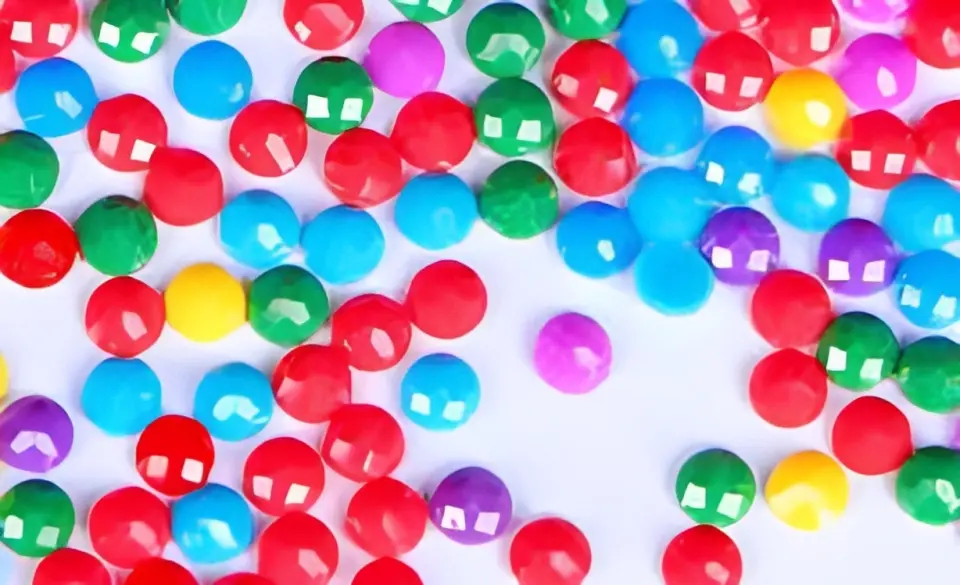
Step-by-Step Guide to Diamond Painting with Square Drills
To embark on a delightful journey of diamond painting with square drills, follow this step-by-step guide:
Preparing the Canvas and Tools
Before starting, ensure you have all the necessary tools, including the chosen diamond painting kit, applicator pens, and a clean and flat work surface. Gently unroll the canvas and flatten any wrinkles to create a smooth painting surface.
Placing the Square Drills on the Canvas
Use the applicator pen to pick up individual square drills and place them on the corresponding symbols on the canvas. Take care to align the drills precisely to maintain a neat and cohesive look.
Utilizing the Checkerboard Method
To keep the square drills straight and evenly spaced, employ the checkerboard method. Skip every other symbol on the canvas and fill in the gaps later. This technique helps achieve a satisfying “snap” sound when the drills are correctly placed.
Adjusting and Straightening the Drills
After placing rows of square drills, use a ruler or straight edge to ensure they are perfectly aligned. Gently push against the rows of drills to straighten them further. For any misaligned drills, use tweezers to correct their positioning.
Showcasing Square Drill Diamond Paintings
Once the diamond painting with square drills is complete, it’s time to showcase the artwork with pride. Consider framing the masterpiece to add an extra touch of elegance and precision. Properly displaying the finished artwork ensures it receives the attention it deserves.
Conclusion
Diamond painting with square drills offers artists a delightful and rewarding creative experience. The square drills’ unique shape and snug fit provide a fuller and more detailed look, allowing for stunning mosaic-like artworks. Though precision and patience are required, the result is a masterpiece that sparkles and captivates. Whether you’re a seasoned diamond painting enthusiast or just beginning your artistic journey, experimenting with square drills will undoubtedly unlock a world of artistic possibilities.
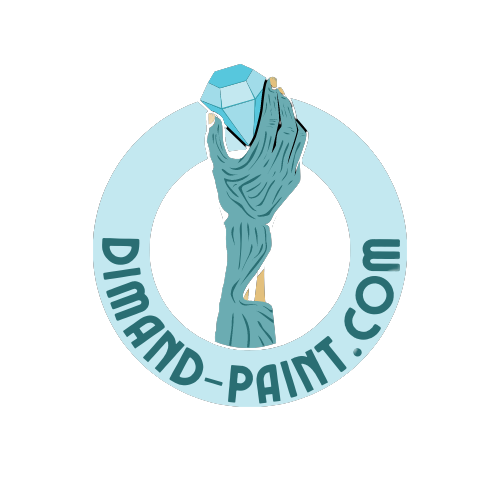
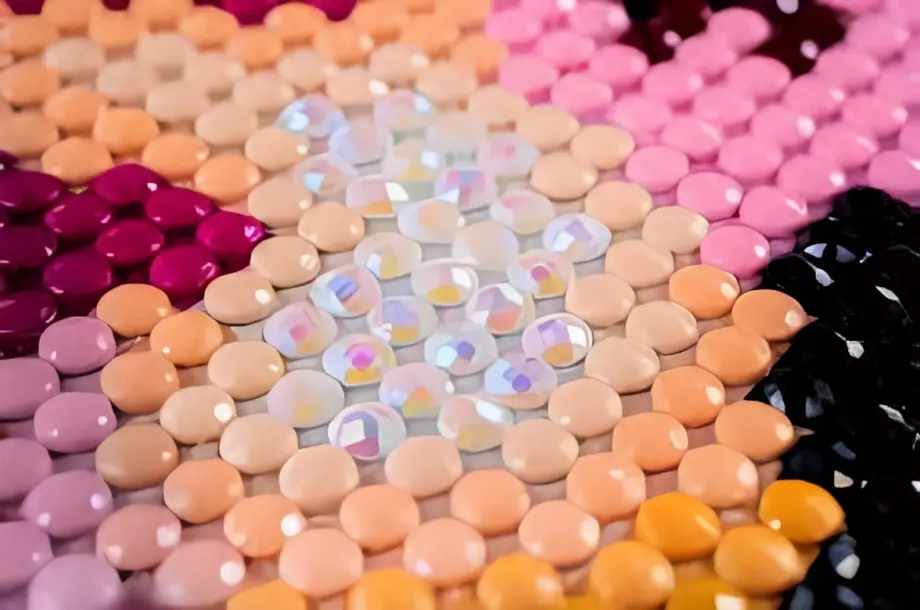

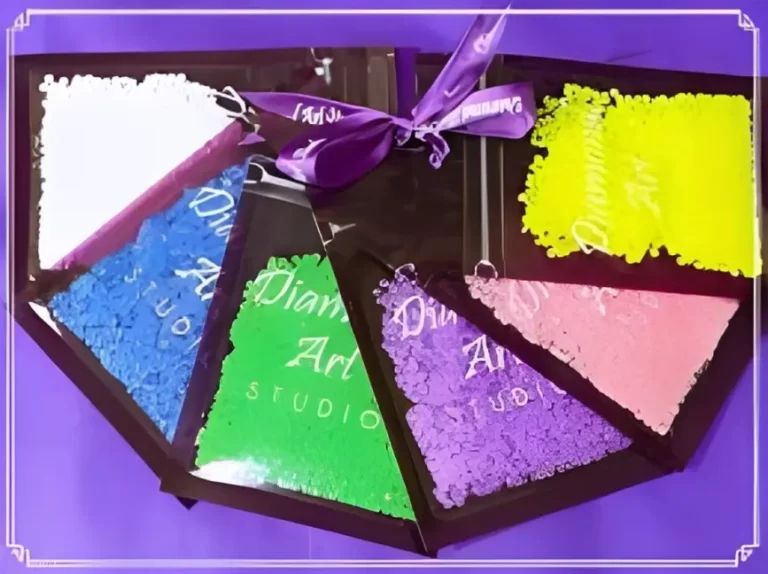
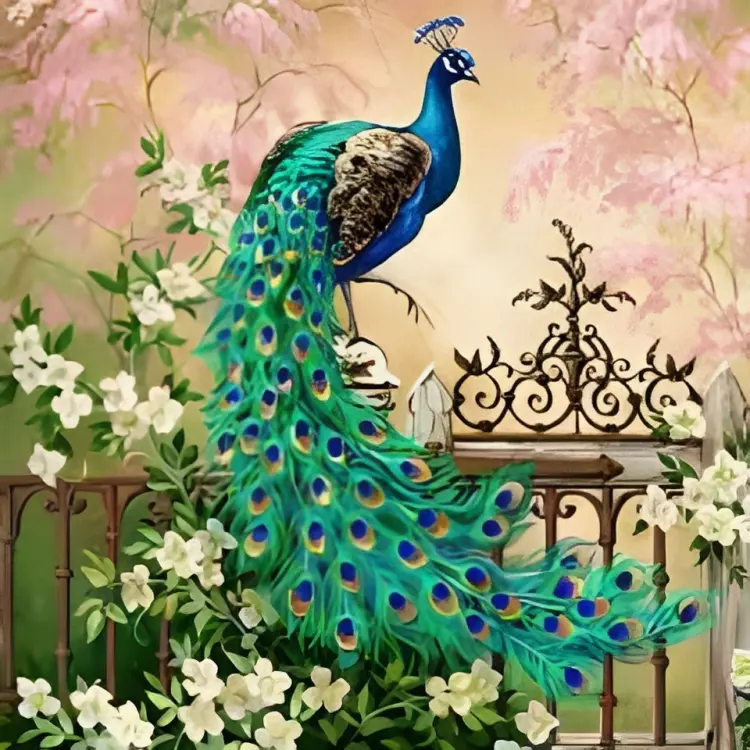
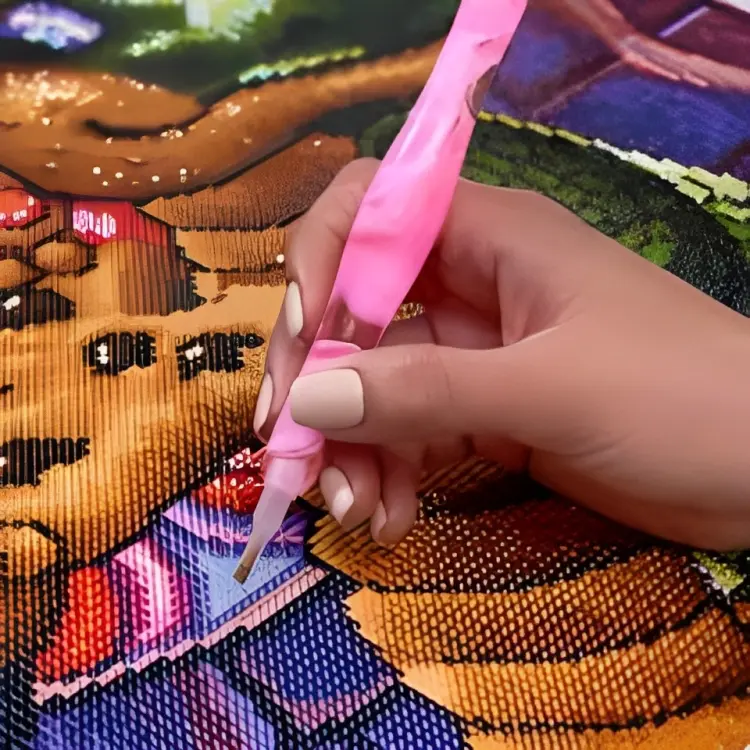


2 Comments